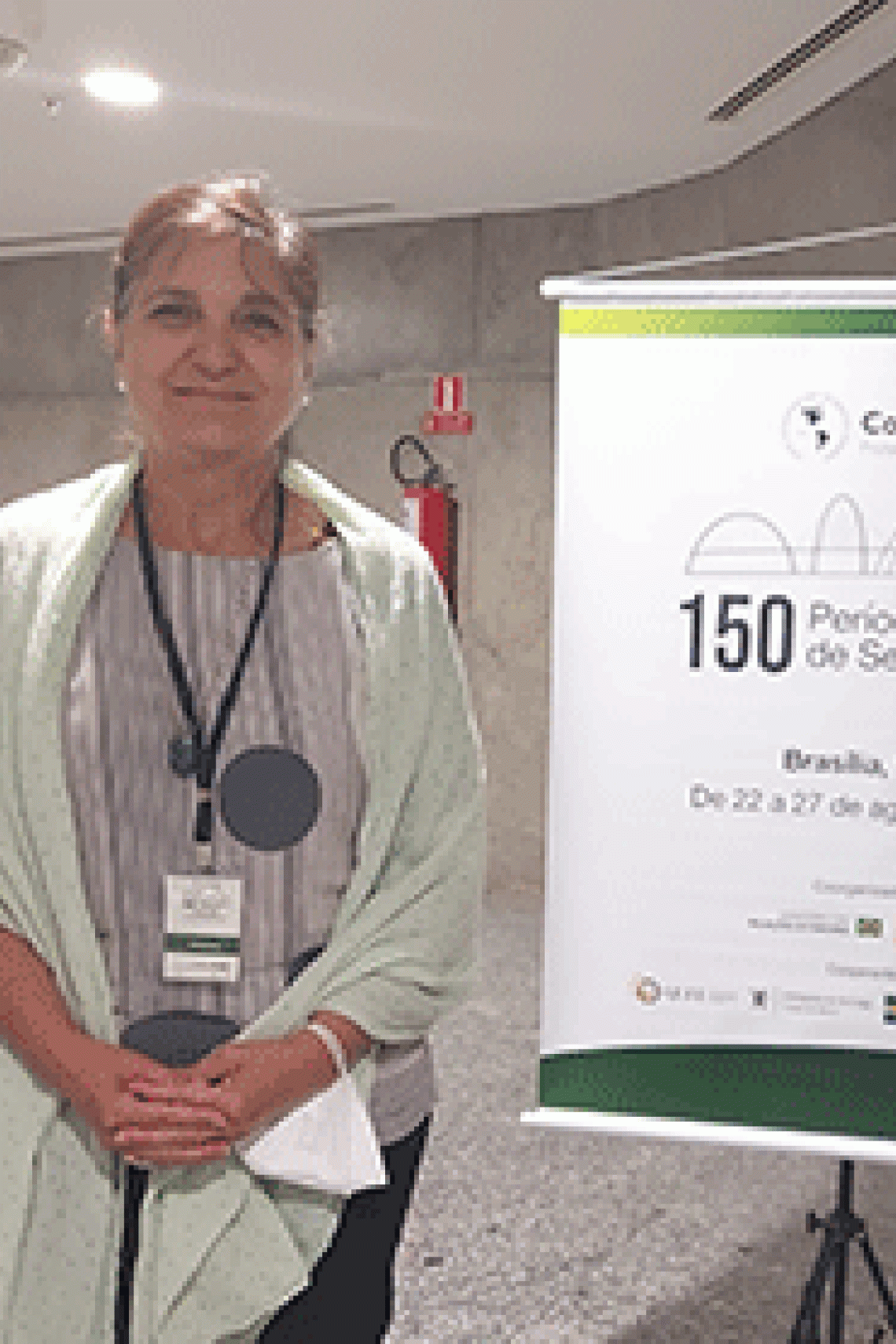IACHR decides against Ecuador over treatment of indigenous peoples
For the first time, the Inter-American Court of Human Rights rules on the scope of the rights of Indigenous Peoples in voluntary isolation, finding against Ecuador in the case of the Tagaeri and Taromenane peoples vs. Ecuador.
Last week, the Inter-American Court of Human Rights (IACHR) ruled on the rights of Indigenous Peoples in voluntary isolation (PIAV) in the case of the Tagaeri and Taromenane peoples vs. Ecuador. The Court declared Ecuador responsible for violations of collective property rights, self-determination, and other fundamental rights affecting these Indigenous groups.
In 2022, Professor Laura Rival gave expert testimony in this case, commenting on Waorani culture and social organisation, as well as on the relationship that the Waorani people have with the Tagaeri, Taromemane and other groups who live deep in the forest.
The case represents the first time in the court’s history that a state has been tried for allegedly failing in its duty to protect the human rights of such peoples and is likely to create significant legal precedent for their protection and territorial rights. Its ruling reaffirmed that the principle of non-contact and respect for PIAV isolation must be the fundamental premises guiding the analysis of state actions.
In order to protect these peoples, the Tagaeri Taromenane Intangible Zone (ZITT) was established in 1999 as a conservation area permanently prohibited from any extractive activity. The area where the ZITT is located is known for its oil wealth. The ruling noted a lack of due diligence by the State in executing the delimitation of the ZITT. The Court also emphasized the need for effective mechanisms to eventually confirm the need to expand the ZITT to respond to the mobility characteristics of the PIAV. It also found that the State had failed to safeguard the ZITT against external intrusions. This lack of protection constituted a violation of PIAV rights to a dignified life, health, food, cultural identity, a healthy environment, and housing.
The court decision comes after voters in a 2023 national referendum opted to keep the 846 million barrels of crude permanently in the ground underneath part of Yasuní National Park.
In 2022, Professor Rival argued that although Ecuador’s Constitution determines that all extractive activities are prohibited in the territories of isolated peoples, successive governments had failed to take effective measures to control these activities. She pointed out that although the Yasuní National Park has existed since 1979 and was declared a Biosphere Reserve for Humanity in 1989, oil companies have expanded their industrial activities in the Yasuní for decades.
The IACHR also addressed violent attacks against PIAV, noting the State’s failure to prevent these incidents despite being aware of the risks. In a specific case involving two Indigenous girls taken by attackers, the Court criticized the State for not adequately protecting their rights and for failing to consider their opinions in decisions affecting their lives. The Court ordered measures to repair the human rights violations and prevent future occurrences.

